Argylle: The Bigger the Spy, the Bigger the 'Why'
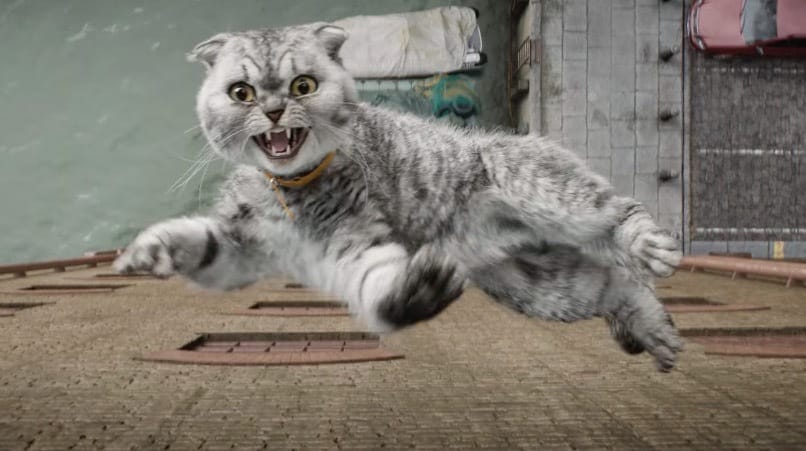
Greetings! Posting may be light this week, as my mom's in town to visit. We're going to be watching a bunch of movies, though, including several Oscar nominees, and I'll be covering a few of them here.
In the meantime I saw Argylle, which looked like it would be January's box office champ, but has only made chump change against the $200 million Apple paid for it, some $41 million as of writing. It seems to have fallen victim to the franchise fatigue that took hold last year, and it's only the first installment. I might feel bad about this if it were actually any good.
If Quentin Tarantino is not receiving residuals from Matthew Vaughan, motherfucker needs to sue.
I've had no interest in seeing another one of Vaughan's movies since he set the climax of Kick-Ass to Ennio Morricone back in 2010. I came to Argylle in the hopes that a decade of broadly enjoyed Kingsman movies would have given Vaughan the experience to find his own voice and bring that to bear in a frothy spy caper—and he kicks it off with a blatant visual quote from Pulp Fiction, with agent Aubrey Argylle (Henry Cavill, in an ill-proportioned suit and a haircut that is the worst he has looked onscreen since his M:I-stache was CGI'ed out of Joss Whedon's Justice League) inviting femme fatale LaGrange (a blonded Dua Lipa) onto the dance floor for a shimmy.
That's not the last time Vaughan will crib from a Tarantino movie featuring Uma Thurman, but for now he turns his thieving magpie eyes toward Mission: Impossible - Dead Reckoning Part 1. A roomful of goons train their guns on Argylle, and LaGrange makes her escape, setting off an obligatory cold open action setpiece that is Dead Reckoning's 'chase scene in a funny vehicle through a Mediterranean city,' but dumber. Argylle commandeers a product-placed Mini-MOKE, a retrophile reproduction of a 1960's British spy movie Hummer-type, so that rather than pursuing Mia Wallace-as-Ilsa Faust's motorbike down a hill through winding streets, he can just smash his way through barriers across the rooftops of coastal Greece. Which would have the benefit of wanton property destruction, except there is so much transparently fake CGI slop that, in an espi-homage Vaughan probably did not intend, it triggers flashbacks of James Bond windsurfing a glacier in Die Another Day. Then Argylle's partner Wyatt (John Cena) simply grabs Ilsa Wallace LaGrange off her bike as she speeds by, which credit where it's due I'm pretty sure The Rock never did that in The Fast and Furious movies but also there was probably a good reason for that, you have to draw the line with your ridiculous superheroics somewhere. Then there is a Betrayal and they are Left in the Cold and the scene is over.
Those first 10 minutes set the template for the rest of the interminable 139: not even the bones but the marrow of a decent high concept premise, trapped in a hyperosteogenic framework, with the skin of other, better movies grafted on but no nerves to create actual feeling, no connective tissue to make the lumbering giant properly ambulate. And I guess I should get to the synopsis and turn this rant into something resembling a proper review, especially since that sequence isn't really part of the actual story.
The opening spyjinks is actually just a chapter in the latest book in the popular Argylle series of espionage novels by Elly Conway (Bryce Dallas Howard, also with an atrocious hairpiece), who lives in Colorado, though where in Colorado is not specified anymore than the Arabian Desert is later on. Elly, whose personality is mostly that she loves her Grumpy Cat stand-in Alfie (credited as Chip, but I refuse to believe that is anything but another visual effect), has just published book four of the series and thinks she is done with five--apparently these things don't even have titlese--but her cliffhanger ending sucks, her mother (Catherine O'Hara), who is also her first reader, tells her as much. So she gets on a train to visit her mom and hash out the ending, but en route she is approached by a raggedy fan, Aiden Wylde, who in short order reveals himself to be a secret agent and saves her from a multitude of bad guys that try to kill her. They are, it turns out, members of evil organization The Division, led by the mercurial Ritter (Bryan Cranston). Both Aiden and Ritter are trying to get Elly because her novels have predicted each development of the Division, including an information Macguffin that's now gone missing, and Elly's planned finale could result in the group's destruction. Aiden tries to help inspire Elly to write the proper ending and in doing so find the missing information cache.
There are twists de rigueur, but they are the kind of galaxy-brained twists that are so over-engineered that everything that comes before them is rendered nonsensical after the fact if not in the moment they're seen. Set aside that the scenes in the 'real' world look as inexplicably candy-colored and chic as the fantastical scenes from Elly's books, with her readings taking place at a Colorado resort town bookstore with leather easy chairs for everyone in attendance. There is nothing credible about Elly as a human or a writer, which should not be possible because human screenwriter Jason Fuchs should presumably have the experience to know professional writers do not do transparently idiotic things like end a book without resolving anything, incorporate fan suggestions, or give their mother veto power over their work, no matter how much their ending blows. Even after the motivations for everything are revealed it just feels ungainly and arbitrary.
This leaves the actors mostly marooned. Cranston and O'Hara do what they can to liven up some utterly generic characters. Howard is more or less playing a similar character to Jamie Lee Curtis in True Lies, and while the script doesn't try to similarly humiliate her, she is saddled with an impossible character and some of the most unflattering hair and costuming I've seen in a major picture, even after she transitions away from mannered frump. Sam Rockwell is best in show by attrition. His character spends most of the movie annoyed at having to babysit a hapless civilian and her cat. It's more of an attitude than a performance, but the movie really does love waving that goddamn cat in front of the camera, so the irritation ends up being the thing with which we can most identify.
Any good comedy and action to be had is smothered by the editing, which veers between two extremes: either slowing down action beats out so Matthew Vaughan can nod his head to whichever 1970s song he has set it to, another Tarantino calling card though probably more comparable to James Gunn's Guardians of the Galaxy mixtapes—or chopping up the action, and not just to cover for the stunt and CGI doubles. There's a recurring bit of Elly having visions of Argylle stylishly engaging in the fisticuffs that Aiden is in, which involves editing his hits into the fights. This can be done, an entire TV show, Sense8, was built around this hook and did it brilliantly and across eight countries. But there's no fluidity here, just hard, choppy inserts.
There are some very occasionally inspired beats, like a moment where one character is trying not to hurt the other and so pulls a punch, but these are drops in the desert. A couple fights toward the end are conceptually fun but ruined by more unconvincing CGI to make things more wacky. Really, everything is done in service of Vaughan trying to show how cool and funny he is. It's not like action movies can't be funny. Similar to thrillers, the physical danger of action cinema can be pushed to ludicrous heights to make it both exciting and hilarious. John Wick: Chapter 4 literally has a falling-down-the-stairs pratfall. This stuff is inherently funny, and so skimping on the action while condescending to it with ironic needle drops is a mistake twice over and just makes the whole thing a drag.
A short bad movie is acceptable and even allows the good material to stand out more. But for something to be bad for so long is to compound disinterest. After a hundred minutes I started actively resenting Argylle for wasting the time of everybody involved. It piles on still more inane complications, and the score (by Lorn Balfe, the for-real composer for the two most recent Mission: Impossible movies) starts becoming more treacly, as if we're actually supposed to care about any of this, which just makes its bad humor feel even more miscalibrated. Its final gesture is to throw open the doors to a bigger shared universe, which is mind-boggling for a movie whose worldbuilding is so threadbare it can't even bother to title the books in its story, which are supposed to also be real books.
Yes, on top of everything else, there is metafiction. Argylle is ostensibly adapted from the "real" Argylle novel by the "real" Elly Conway, a book that was only published in January. It's an in-universe marketing tie-in in the Blair Witch Project tradition, though it doesn't do anything to make the openly fictional movie more credible. The book did go viral, but less because people were interested in the movie than because "Elly Conway" has so little real-world (social media) footprint that a conspiracy theory spread on Tik Tok that Conway is actually Taylor Swift, which is told more compellingly than any mystery in the movie.
It all feels like the death rattle of postmodern pop self-referentiality. Quentin Tarantino himself arguably did more than anyone to kick it off with Reservoir Dogs and Pulp Fiction in the early 90s, but we're a long way from tough-guy gangsters interpreting Madonna lyrics and eating at 50s nostalgia diners. At the ass-end of a decade-and-a-half of interconnected franchises, we have in Argylle a proof-of-concept for a shared universe of cliches and understood references spilling out into our own. If Matthew Vaughan has grown from aping Tarantino, it's only in the sense that he's expanded his palette to include the rest of pop culture, but still without any internal logic beyond 'isn't this neat?' It is in the end less than the sum of the parts of the better movies it steals from, the lowest turn of the stealers wheel.
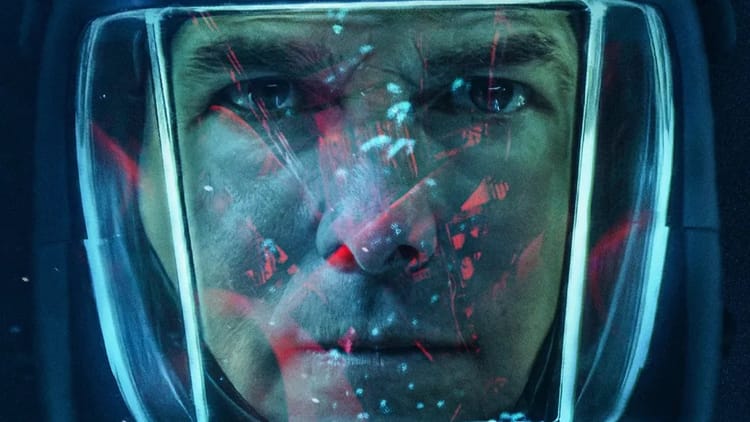
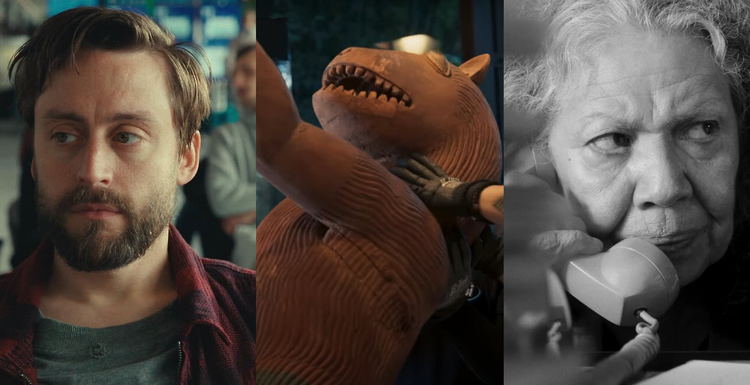
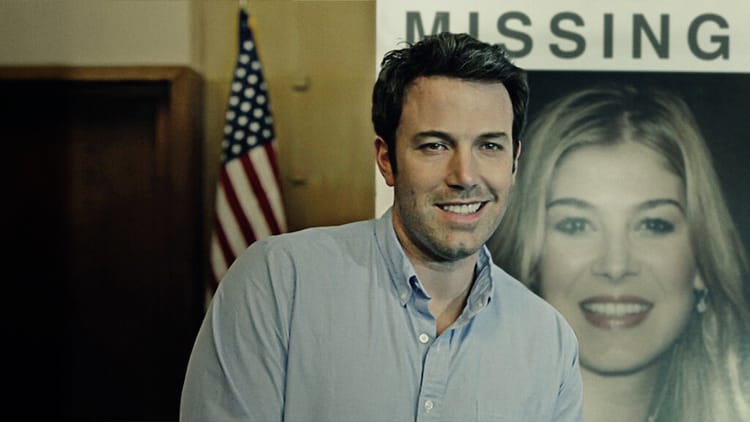
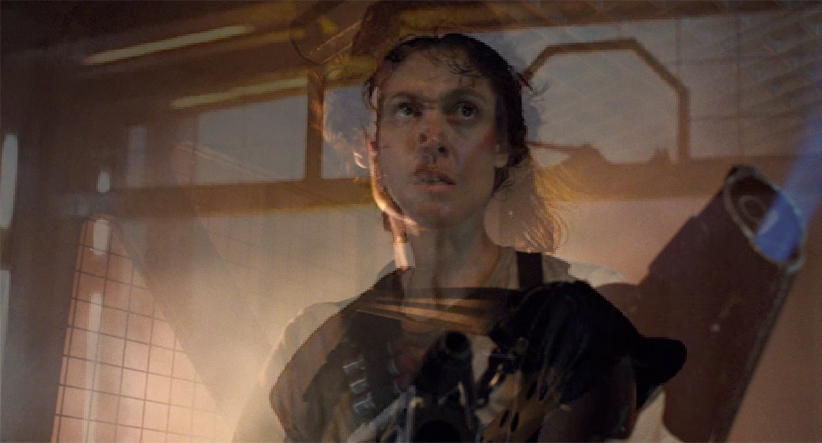
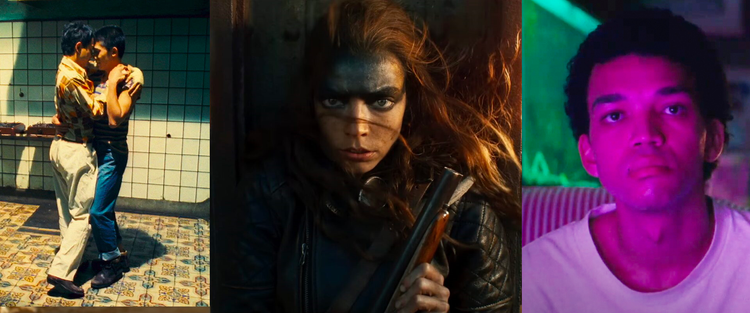
Member discussion